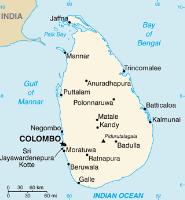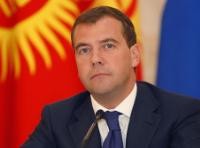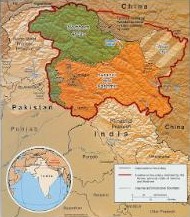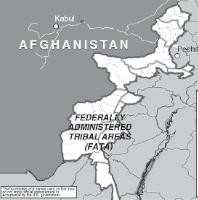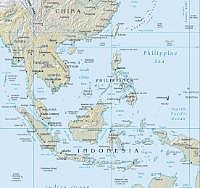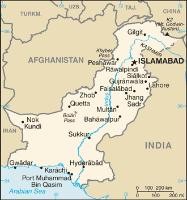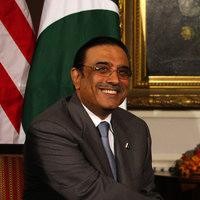
First in a two-part series. Part two will appear next Wednesday. LONDON — In the aftermath of the Mumbai slaughter, Britain has increased pressure on Pakistan to deal decisively with the radicalization of young Muslims in its Saudi-funded madrassas and in the al-Qaida training camps that flourish in the lawless tribal areas along its porous border with Afghanistan. Britain has cause for concern. On a visit to Islamabad this month, Prime Minister Gordon Brown revealed that more than 20 serious terrorist plots against Britain — about three-quarters of the active plots currently monitored by Britain’s MI5 intelligence service — are […]

